Growing Practices
Here at Friske Orchards we use Integrated Pest Management (IPM) to help control harmful pests in our orchards. IPM is a term used to describe the combination of techniques used to address issues caused by the broader ecosystem living in our orchards.
For example, pheromone (pheromones are mating “scents” insects use to find one another) mating disruption for codling moth and leaf rollers is applied throughout the orchard in late spring each year, substantially cutting down on pesticides needed to control those pests. Organic composted manure is used to fertilize our orchards. We apply this once a year in the late fall after harvest, to ensure there are no issues with food safety. This allows plenty of time for the compost to fully integrate into the soil before any crops can develop, thereby eliminating the potential for cross contamination.
We contract with a Crop Consultant who monitors our orchards on a weekly basis, using a variety of traps and scouting techniques to determine what pests are present, and at what levels. This allows us to determine precisely what controls are needed. As a grower, we are legally required follow prescribed application rates, as well as re-entry intervals and pre-harvest intervals, to ensure that there are no harmful residues.
There is a common misconception that organic produce is grown pesticide free. This is not the case for almost all commercially grown organic produce. While the pesticides used in organic farming are derived from natural sources, they are applied more often, and at heavier rates to achieve efficacy.
Our family has been stewarding the earth here at Friske Orchards for over 60 years. Our passion is sustainable farming so future generations can continue to grow our American Dream!


